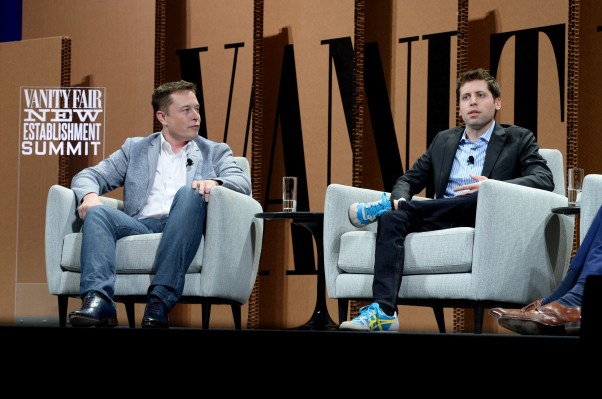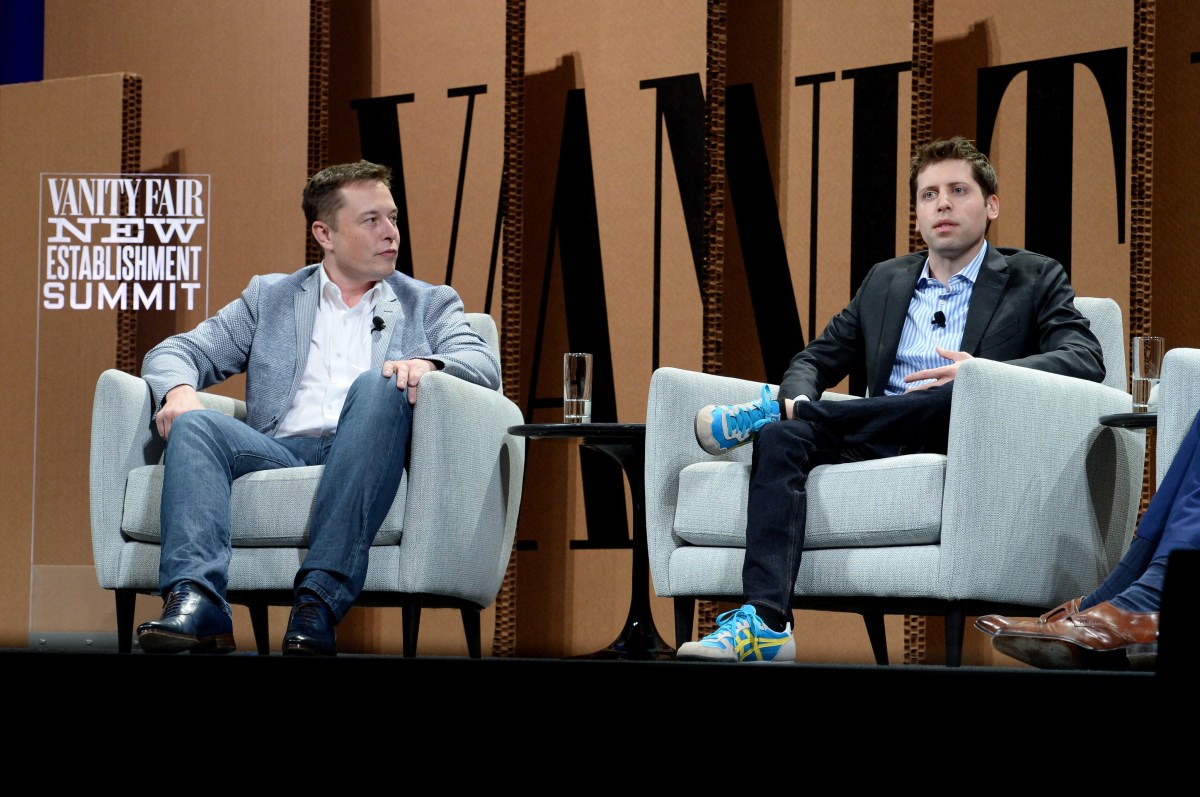
Elon Musk sued OpenAI, its co-founders Sam Altman and Greg Brockman and affiliated entities on Thursday, alleging the ChatGPT makers have breached their original contractual agreements by pursuing profits instead of the nonprofit’s founding mission to develop AI that benefits humanity.
Musk, an early backer of OpenAI, claims Altman and Brockman convinced him to help found and bankroll the startup in 2015 with promises it would be a non-profit focused on countering the competitive threat from Google.
The lawsuit says that OpenAI has shifted to a for-profit model focused on commercializing its AGI research with Microsoft, the world’s most valuable company.
“In reality, however, OpenAI, Inc. has been transformed into a closed-source de facto subsidiary of the largest technology company in the world: Microsoft. Under its new Board, it is not just developing but is actually refining an AGI to maximize profits for Microsoft, rather than for the benefit of humanity,” the lawsuit adds. “This was a stark betrayal of the Founding Agreement.”
The lawsuit follows Musk voicing displeasure with OpenAI’s shift in priorities in the past year. According to the legal complaint, Musk donated over $44 million to the nonprofit between 2016 to September 2020. For the first several years, Musk was the largest contributor to OpenAI, the lawsuit adds. Musk has been offered a stake in the for-profit arm of OpenAI but has refused to accept it over ethics concerns, he said earlier.
The lawsuit, filed in a court in San Francisco, centers around OpenAI’s latest natural language model, GPT-4, which Musk claims constitutes AGI — an AI whose intelligence is at par, if not higher, than humans. He alleges OpenAI and Microsoft have improperly licensed GPT-4 despite agreeing OpenAI’s AGI capabilities would remain non-profit and dedicated to humanity.
Musk is seeking to compel OpenAI to adhere to its original mission and bar from monetizing technologies developed under its non-profit for the benefit of OpenAI executives or partners like Microsoft.
The suit also requests the court rule AI systems like GPT-4 and other advanced models in development constitute artificial general intelligence that reaches beyond licensing agreements. In addition to injunctions forcing OpenAI’s hand, Musk asks for accounting and potential restitution of donations meant to fund its public-minded research should the court find it now operates for private gain.
“Mr. Altman hand-picked a new Board that lacks similar technical expertise or any substantial background in AI governance, which the previous board had by design. Mr. D’Angelo, a tech CEO and entrepreneur, was the only member of the previous board to remain after Mr. Altman’s return. The new Board consisted of members with more experience in profit-centric enterprises or politics than in AI ethics and governance,” the lawsuit adds.
This is a developing story. Check back for updates.



![[CITYPNG.COM]White Google Play PlayStore Logo – 1500×1500](https://startupnews.fyi/wp-content/uploads/2025/08/CITYPNG.COMWhite-Google-Play-PlayStore-Logo-1500x1500-1-630x630.png)